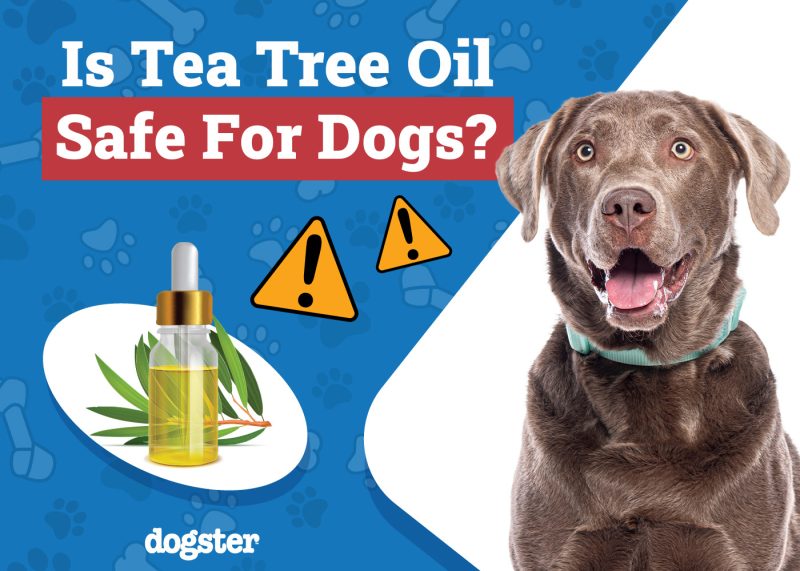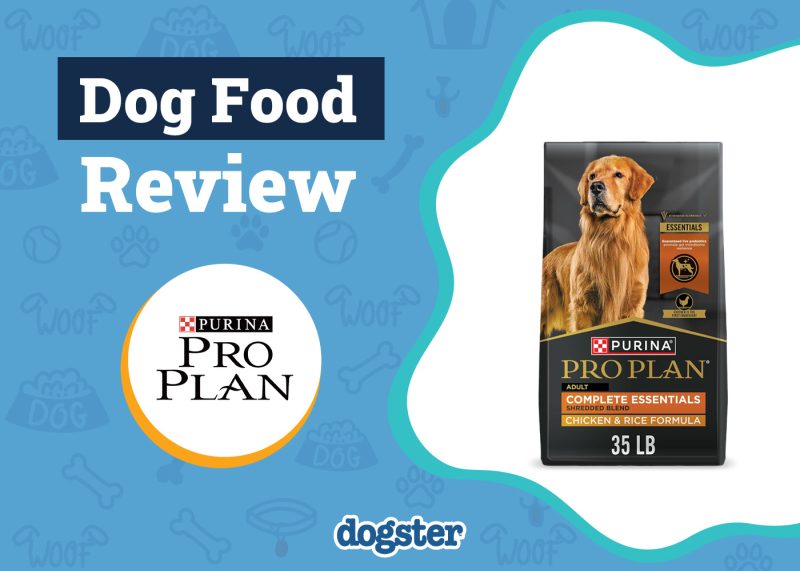In this article
View 4 More +Many dog owners wonder if they can add rosemary to a recipe for their pets or wonder about the use of essential oils on their pets. This may lead you to wonder if rosemary is safe for your dog. Rosemary in the dry or fresh herb form is not toxic to dogs.1
The essential oil and extract are relatively safe, but the saying that “the dosage makes the poison” is true in this case, and the inappropriate use of rosemary products can harm your dog.
But what are rosemary’s benefits, anyway, and how much is too much?
You want to get it right the first time, and we have everything you need to make an informed decision below.
What Is Rosemary?
Rosemary (Rosmarinus officinalis) is a common herb that is non-toxic to dogs and cats. People often use rosemary to add flavor to their dishes, and it has numerous nutritional benefits for humans. It’s a rich source of iron, calcium, and vitamin B6.
Rosemary can be found in several forms, including fresh rosemary, powdered extracts, oils, and dried herbs. It’s even used as a natural preservative in some dog foods. Rosemary may be antibacterial, antioxidant, antiviral, anti-inflammatory, antifungal, and antioxidant, and it may even improve brain function and mood in people.

How Is Rosemary Given?
If you’re considering giving your pup rosemary, you can mix a little fresh or dried rosemary into their water or food, but don’t add more than a teaspoon, or it can upset their stomach. Rosemary is not an essential part of their diet, but it is not harmful.
So, you can use it as an additive a few times a week or not at all. Remember that not all dogs will appreciate the taste of rosemary in their food or water.
Rosemary Extract and Essential Oil
Rosemary extract and rosemary oil are produced from rosemary plant parts but by different methods. Essential oils are usually made by steam distillation of the leaves, whereas the extracts are formed by different methods, like maceration, to dissolve the plant parts in solvents (e.g., oil, alcohol).
In rodent studies, rosemary extract has been proven to be a potent antioxidant and may help with some neurological and liver conditions. However, no efficacy or safety studies have been done in dogs.
Rosemary essential oil has some uses for human health, but its use in dogs is purely experimental. It contains linalool and rosmarinic acid, which have been shown to lower the seizure threshold in humans, making seizures more likely.
While rosemary essential oil is considered one of the safer essential oils for dogs, care should be taken as excessive use can lead to toxicity, and some animals may have a lower tolerance to it.
If your pet displays any of the following signs, seek veterinary help immediately:
- Difficulty breathing
- Wobbly gait
- Drooling
- Lethargy
- Weakness
- Muscle tremors
- Seizures
- Vomiting
- Pawing at the mouth
- Incoordination
- Redness of the lips, gums, tongue, or skin, which may progress to burns.

Potential Side Effects of Rosemary
Your dog’s size and weight will play a significant role in how much rosemary they can eat, but to play it safe, we recommend no more than a teaspoon a day, regardless of their size. If given too much rosemary, they could experience stomach upset and indigestion.
If you serve rosemary oil to your dog, do so under veterinary direction while monitoring for potential side effects. Moderation is the key to the appropriate use of rosemary oil.
Adverse effects of rosemary oil or large amounts of the rosemary plant can include gastric upset or, less commonly, hypotension. In rare cases, kidney injury and seizures can occur.
Frequently Asked Questions (FAQs)
Are Rosemary Plants Toxic to Dogs?
Rosemary plants are not toxic to dogs. If your pup ate a little, you shouldn’t have to worry. However, if your pet ate a lot of rosemary, you might need to contact your veterinarian or Animal Poison Control for further instructions.
Is Rosemary Good for a Dog’s Itchy Skin?
While rosemary oil can be good for itchy skin in humans, we recommend another topical treatment unless you’ve talked to your vet about rosemary oil for your pup first. Serving rosemary oil to dogs usually isn’t a problem, but some can have an adverse reaction to it.
Instead, we recommend speaking to your vet about your pup’s skin condition and appropriate supplements.
Conclusion
When used properly, rosemary can be a perfectly safe additive for your dog. But before you add any supplement to your pet’s diet, we highly recommend reaching out to your vet first. They can give you the best possible advice for your dog, possibly saving you money or giving you an even better solution for what you want!
Featured Image Credit: Teona Swift, Pixabay




















